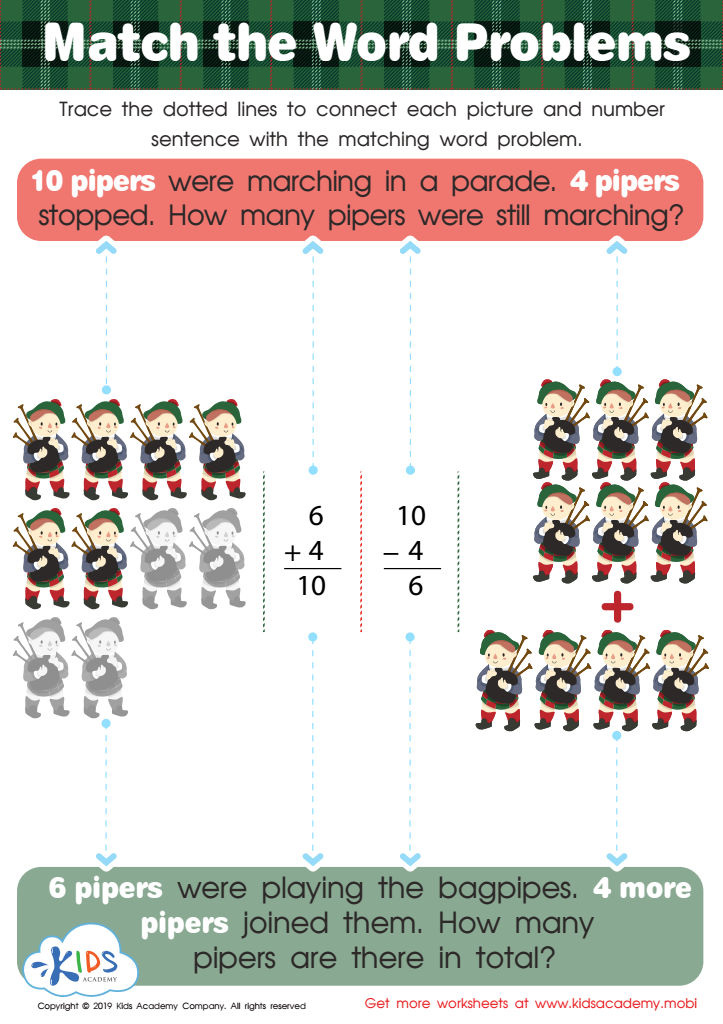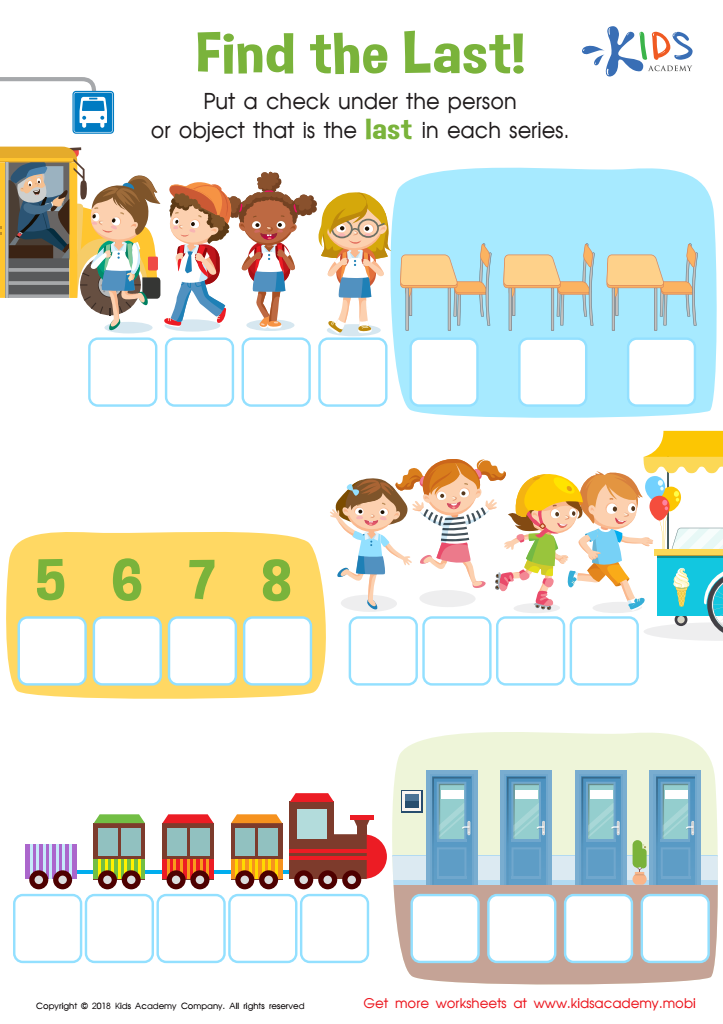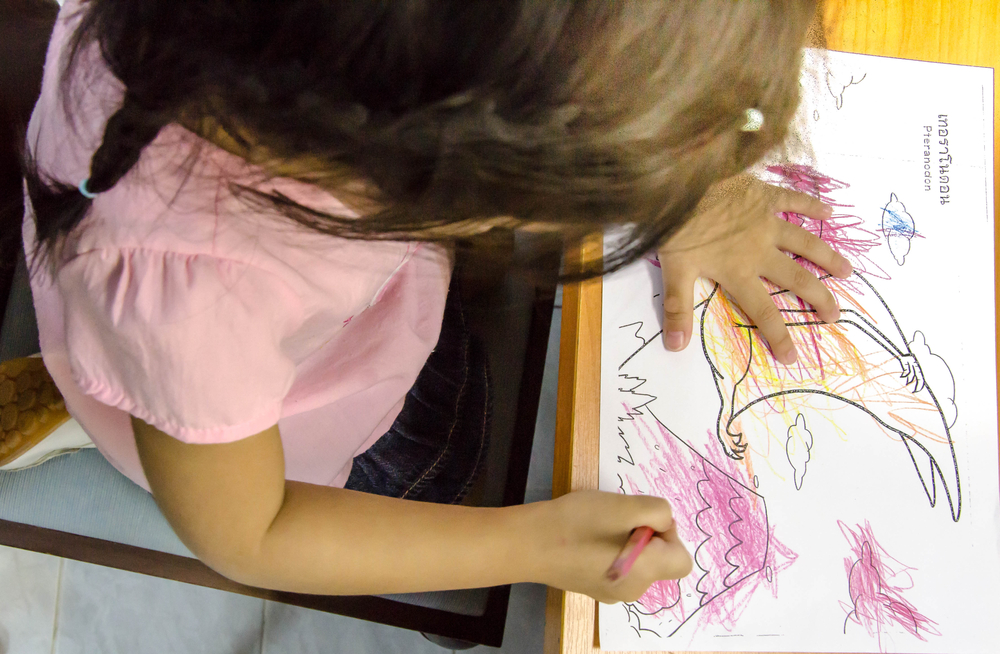Logical thinking development Normal Math Worksheets for Ages 3-4
3 filtered results
-
From - To
Enhance your child’s cognitive skills with our "Logical Thinking Development Normal Math Worksheets" designed for ages 3-4. These engaging and age-appropriate worksheets focus on cultivating foundational logical reasoning and problem-solving abilities through fun activities. Kids will explore concepts such as patterns, sequencing, and spatial awareness, laying a strong groundwork for future math success. Our worksheets offer visually stimulating content and interactive exercises, ensuring that learning is both effective and enjoyable. Perfect for busy parents and educators, these resources promote essential skills in a playful manner, supporting your child's early learning journey. Transform math into an exciting adventure today!


Tricky Problems Worksheet: Part 2


Match the Word Problems Worksheet


Find the Last! Worksheet
Parents and teachers should prioritize the development of logical thinking in children aged 3-4, as it forms the foundation for mathematical understanding and problem-solving skills. At this age, children are naturally curious and eager to explore their environment. By nurturing their logical thinking, caregivers can help them make sense of the world around them. Engaging in activities that promote logical reasoning—such as sorting objects by size, shape, or color, or playing simple games that involve patterns—encourages critical skills like categorization, prediction, and sequential understanding.
Moreover, enhancing logical thinking serves as a precursor to more complex mathematical concepts that children will encounter in later years. Early math skills are not just about numbers; they involve understanding relationships and patterns. This cognitive development will contribute to improved academic performance as they progress through school, where strong math skills are crucial for success in various subjects.
Additionally, fostering logical thinking supports overall cognitive and social-emotional growth. Children learn to think independently, make informed decisions, and develop persistence in solving challenges. Thus, investing in the logical thinking development of young children sets the stage for lifelong learning and equips them with essential tools for navigating future academic and real-world situations.

 Assign to My Students
Assign to My Students
















